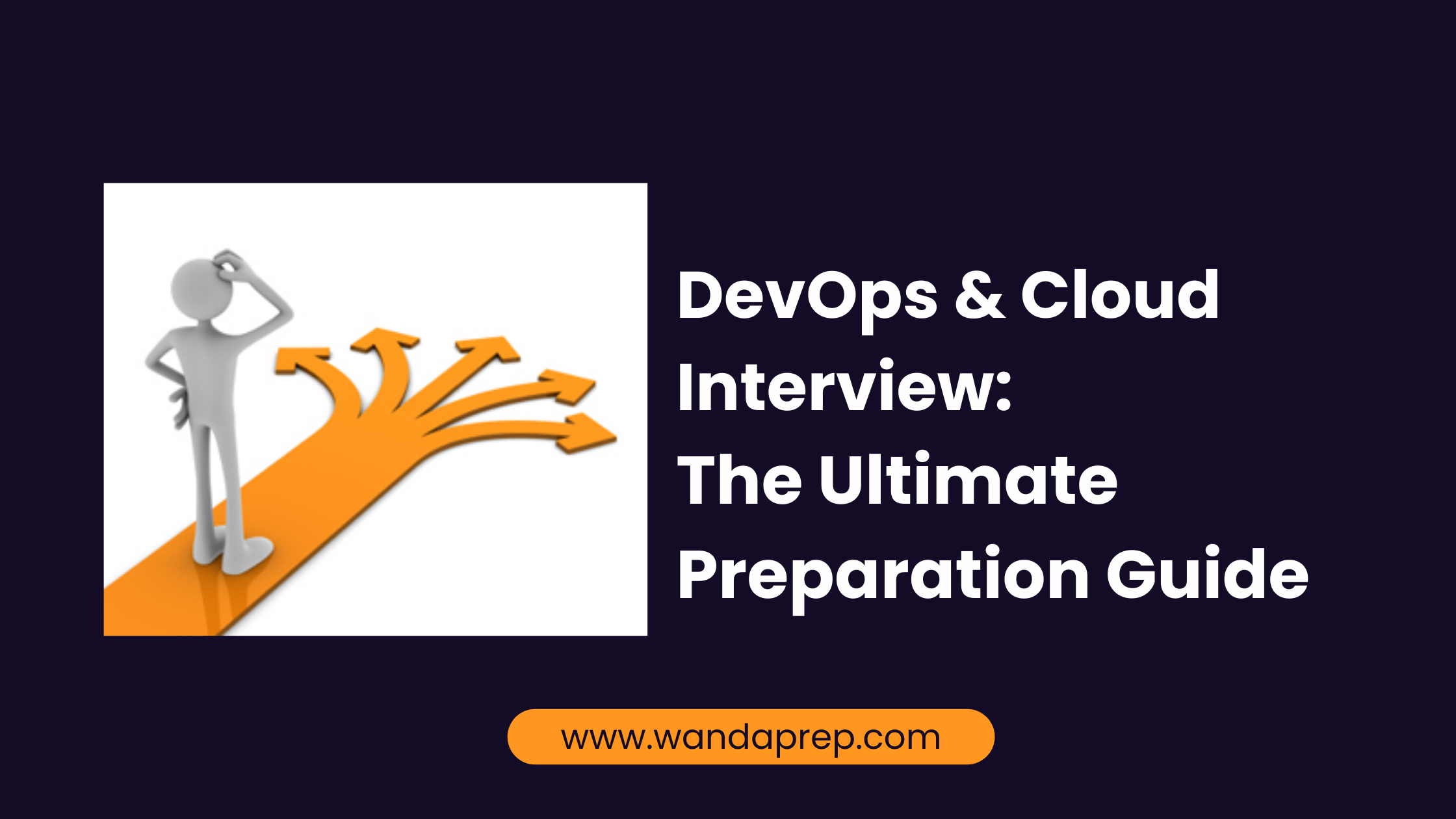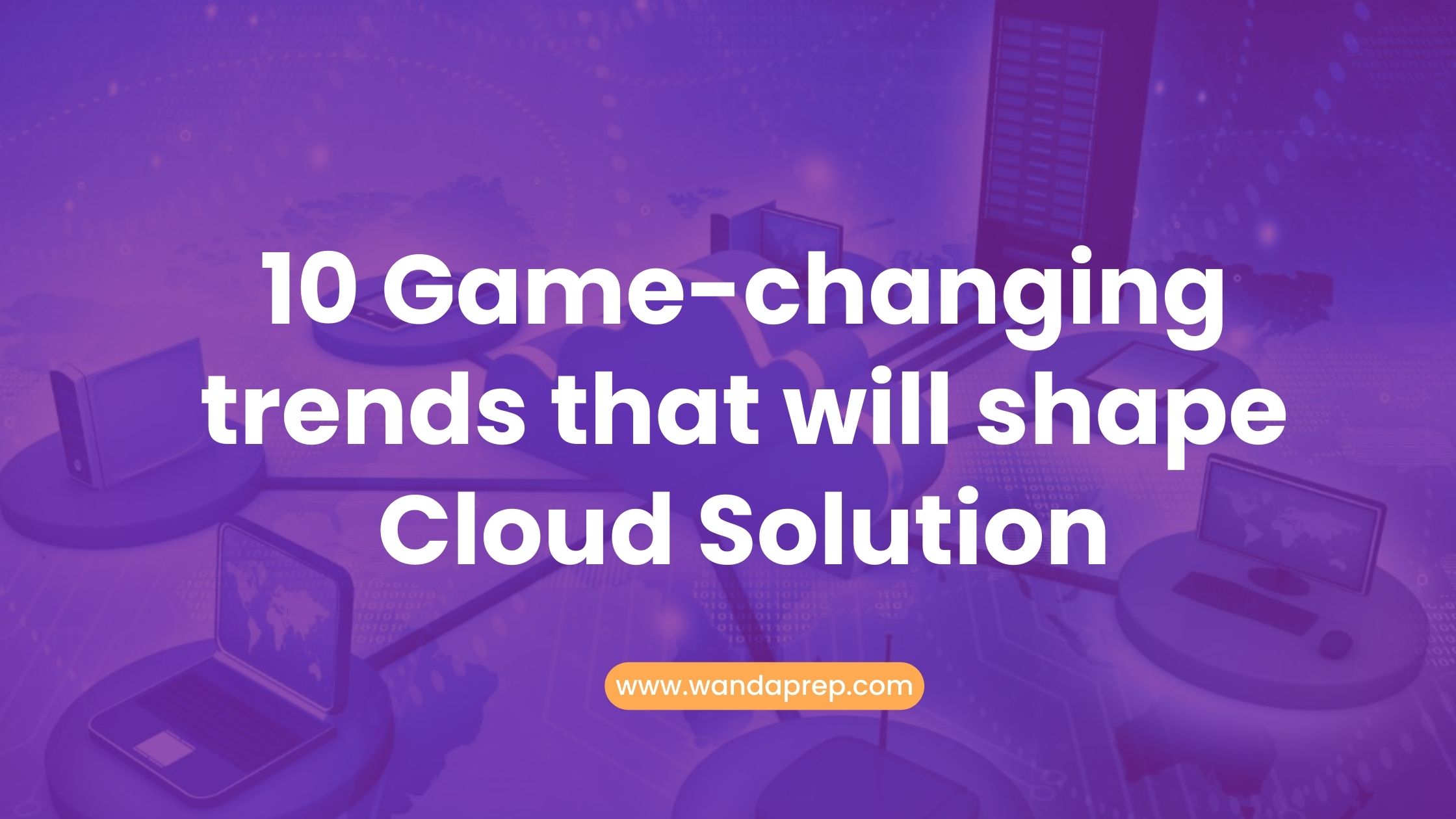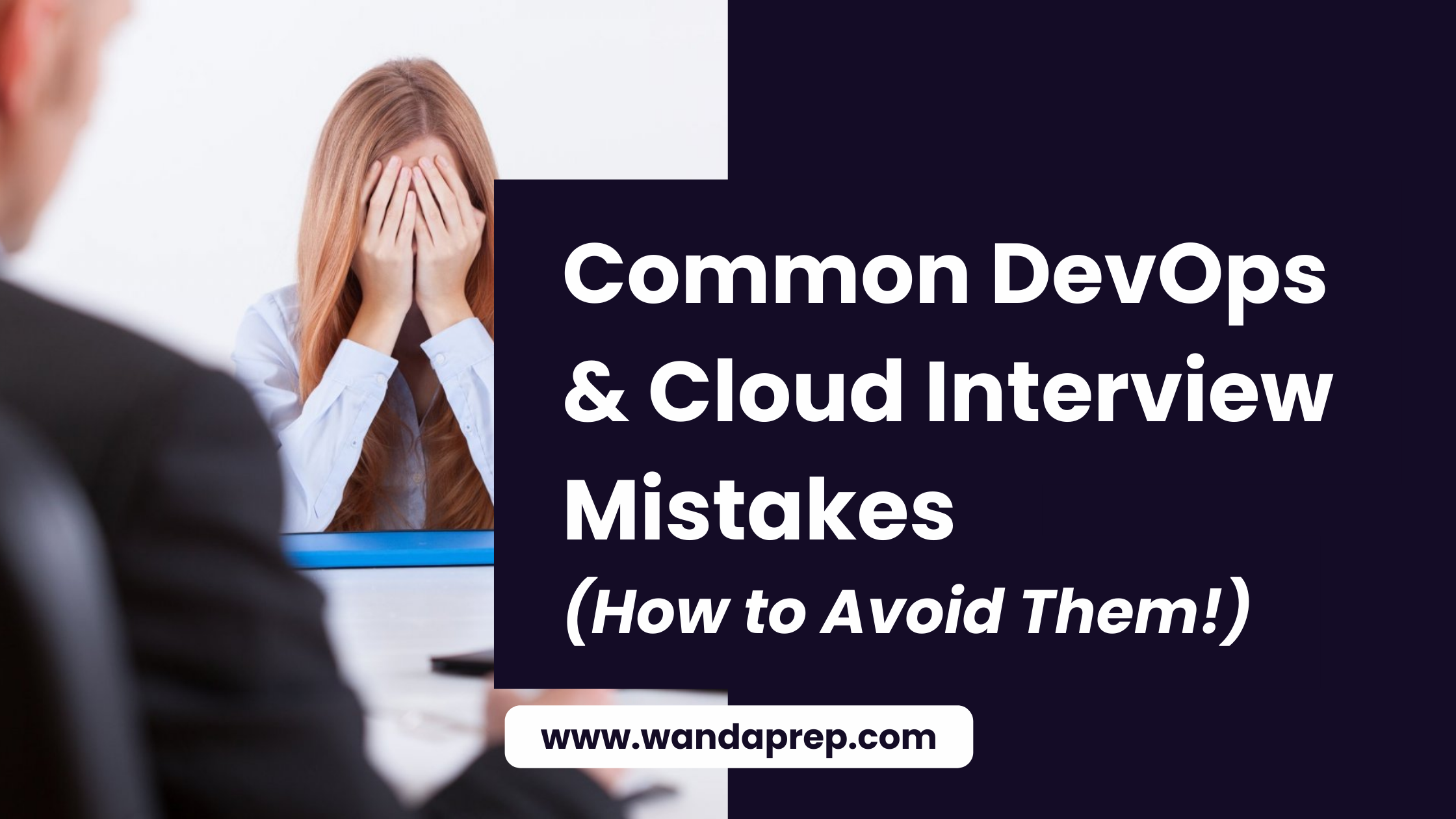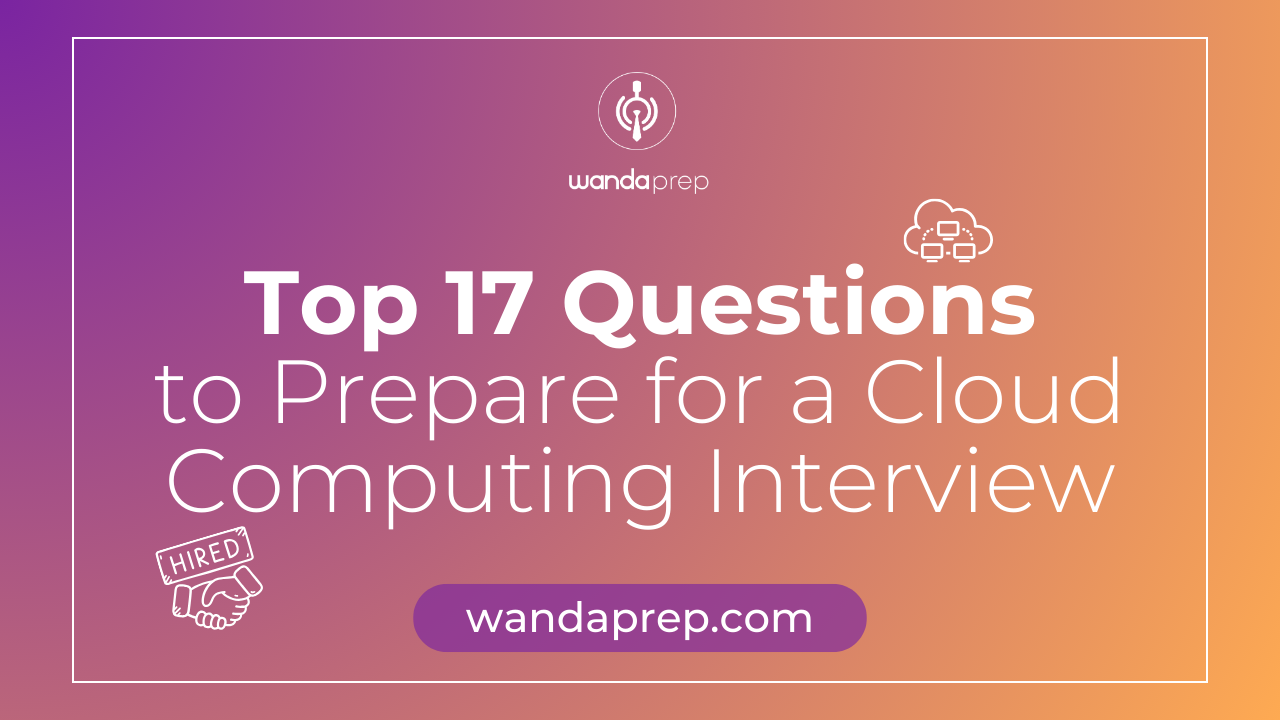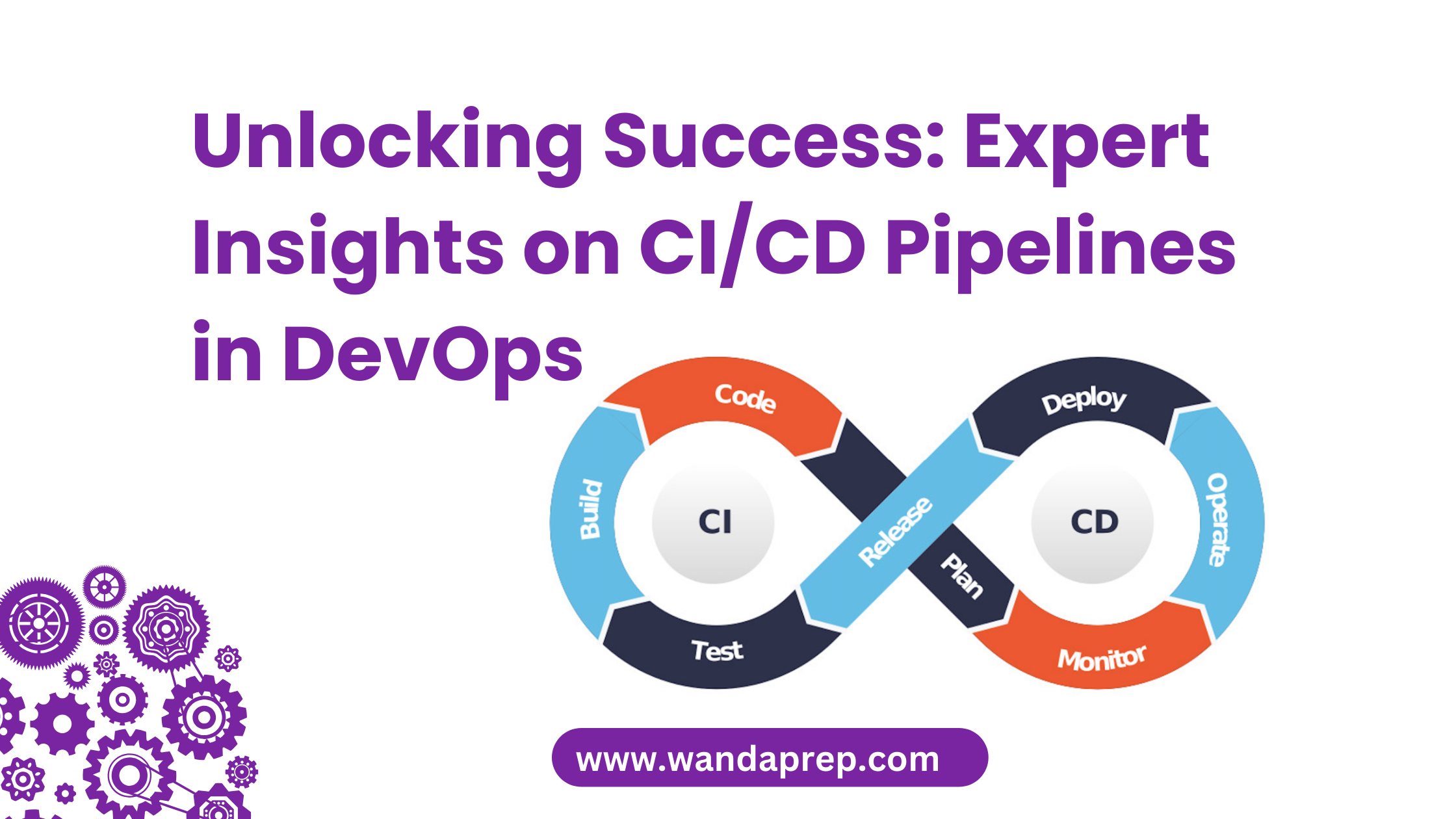DevOps and cloud interviews are of great importance in the tech industry. DevOps is a set of practices that combines software development (Dev) and IT operations (Ops) to improve collaboration, communication, and efficiency in delivering software products. Cloud computing, on the other hand, provides on-demand access to a shared pool of computing resources over the internet. Both DevOps and cloud technologies have revolutionized the way software is developed, deployed, and managed. As a result, companies are increasingly looking for professionals with expertise in DevOps and cloud technologies to drive their digital transformation initiatives.
The purpose of this blog post is to serve as the ultimate preparation guide for DevOps and cloud interviews. It aims to provide comprehensive information and insights into the key concepts, tools, and practices related to DevOps and cloud technologies.
Understanding DevOps and Cloud Interviews
DevOps is a set of practices, tools, and a cultural philosophy that automate and integrate the processes between software development and IT teams. It emphasizes team empowerment, cross-team communication and collaboration, and technology automation. The DevOps movement began around 2007 when concerns were raised about the traditional software development model, where developers who wrote code worked apart from operations who deployed and supported the code.
The significance of DevOps in today’s technology landscape is immense. It enables organizations to deliver faster, more reliable updates to their customers. By automating manual tasks and using technology stack and tooling, DevOps teams can operate and evolve applications quickly and reliably. This helps organizations stay competitive in a swiftly changing world and achieve digital transformation.
DevOps also fosters collaboration among all roles involved in the development and maintenance of software, creating a culture of coordination and cooperation. It aligns development, IT operations, quality engineering, and security teams to produce better, more reliable products. DevOps and Agile methodologies are often practiced together, as they are not mutually exclusive and can complement each other.
Overview of Cloud Computing and its role in DevOps
Cloud computing plays a crucial role in DevOps, as it considerably streamlines the process and allows increased collaboration between teams. It offers a central platform to design, manage, and deploy applications, increasing the benefits of DevOps. Cloud service providers also offer products that focus on a DevOps workflow, further enhancing the integration of cloud and DevOps.
By moving software development to the cloud, organizations can scale resources more easily, support faster software shipping, align with business goals, and free up DevOps teams to innovate rather than maintain infrastructure. Cloud computing enables organizations to adopt other DevOps practices, such as shifting left on security and creating tighter feedback loops, which helps break down development silos, scale safely, and get the most out of continuous integration and continuous deployment (CI/CD).
While cloud computing is not a requirement for implementing a solid DevOps workflow, it offers many benefits and can enhance the effectiveness of DevOps strategies. However, strategies like configuration as code and infrastructure as code can still be executed without a cloud server.
Common Interview Questions Related to DevOps and Cloud
Preparing for a DevOps and cloud interview can be challenging, as the field is constantly evolving and there are various aspects to consider. To help you in your preparation, here are some common interview questions related to DevOps and cloud:

What is the significance of DevOps in software development?
- DevOps emphasizes collaboration, automation, and integration between development and operations teams.
- It enables faster and more reliable software delivery, improved quality, and increased customer satisfaction.
- DevOps helps organizations achieve digital transformation and stay competitive in a rapidly changing technology landscape.
What are some essential skills for a DevOps engineer?
- Amazon Web Services (AWS), Microsoft Azure, and Google Cloud Platform (GCP) are widely used cloud computing platforms in DevOps.
- These platforms offer virtualized infrastructure and services that can be easily managed and scaled using DevOps tools and practices.
What are some essential skills for a DevOps engineer?
- DevOps engineers should have a strong background in IT operations, systems administration, software development, scripting, automation, and cloud computing.
- They should be proficient in various DevOps technologies, tools, and methodologies.
- In addition to technical skills, DevOps engineers should possess strong interpersonal skills, teamwork abilities, and problem-solving techniques.
How does cloud computing support DevOps practices?
- Cloud computing provides a central platform for designing, managing, and deploying applications, which enhances the integration of DevOps practices.
- It enables organizations to scale resources easily, support faster software shipping, and align with business goals.
- Cloud computing also facilitates other DevOps practices like configuration as code, infrastructure as code, and continuous integration and deployment (CI/CD).
What are some common challenges in operating Kubernetes clusters in a DevOps environment?
- Kubernetes automates tasks related to the deployment and scaling of containers, but it also presents challenges in configuration management, monitoring, troubleshooting, security, and compliance.
- DevOps engineers need to address these challenges to ensure the availability, performance, and security of applications running on Kubernetes clusters.
Technical Skills Required for DevOps and Cloud Interviews
In order to succeed in DevOps and cloud interviews, it is important to have a strong foundation in various technical skills. Here are some key technical skills that are commonly required:
A. Knowledge of various cloud platforms (AWS, Azure, Google Cloud)
Cloud computing has become an integral part of modern IT infrastructure, and knowledge of different cloud platforms is highly valued in DevOps and cloud interviews. Some of the popular cloud platforms include AWS, Azure, and Google Cloud.
B. Proficiency in scripting languages (Python, Ruby, Bash)
Scripting languages play a crucial role in automating tasks and processes in DevOps. Python, Ruby, and Bash are commonly used scripting languages in the DevOps field.
C. Understanding of containerization technologies (Docker, Kubernetes)
Containerization technologies like Docker and Kubernetes have revolutionized the way applications are deployed and managed. Understanding how containers work and being familiar with Docker and Kubernetes is important for DevOps and cloud interviews.
D. Familiarity with Continuous Integration/Continuous Deployment (CI/CD) tools (Jenkins, Gitlab CI/CD)
CI/CD is a set of practices that enable developers to automate the process of integrating code changes, building and testing applications, and deploying them to production environments. Familiarity with CI/CD tools like Jenkins and Gitlab CI/CD is highly desirable in DevOps and cloud interviews.
E. Experience with infrastructure-as-code (IaC) tools (Terraform, Ansible)
Infrastructure-as-code (IaC) is an approach that allows infrastructure to be defined and managed using code. Tools like Terraform and Ansible are commonly used for IaC. Having experience with these tools demonstrates the ability to automate infrastructure provisioning and configuration, which is highly valued in DevOps and cloud interviews.
Non-Technical Skills for a Successful DevOps and Cloud Interview

While technical skills are crucial for DevOps and cloud roles, non-technical skills also play a significant role in an individual’s success in these fields. Here are some key non-technical skills that are highly valued in DevOps and cloud interviews:
A. Effective communication and collaboration skills
DevOps is all about collaboration and communication between various teams, including development, operations, and testing. The ability to effectively communicate ideas, requirements, and issues is essential for successful DevOps and cloud professionals. Strong collaboration skills enable teams to work together efficiently, fostering a culture of collaboration and continuous improvement.
B. Problem-solving and troubleshooting abilities
DevOps and cloud professionals are often tasked with solving complex problems and troubleshooting issues that arise in the IT infrastructure. The ability to analyze problems, think critically, and come up with innovative solutions is highly valued in these roles. Employers look for individuals who can quickly identify and resolve issues, minimizing downtime and ensuring smooth operations.
C. Adaptability and willingness to learn new technologies
The technology landscape is constantly evolving, and so are the tools and technologies used in DevOps and cloud environments. It is important for professionals in these fields to be adaptable and open to learning new technologies. Employers seek individuals who can quickly adapt to changes and embrace new tools and practices, ensuring the organization remains competitive and stays ahead in the fast-paced technological landscape.
D. Experience working in agile environments
Agile methodologies, such as Scrum and Kanban, have gained popularity in the software development and IT industry. DevOps and cloud professionals often work in agile environments, where iterative development, continuous integration, and frequent feedback are emphasized. Having experience working in agile environments demonstrates an understanding of these methodologies and the ability to work collaboratively and adapt to changing requirements.
These non-technical skills, along with the technical skills discussed earlier, create a well-rounded DevOps and cloud professional. Employers value individuals who not only possess the technical expertise but also exhibit strong soft skills that contribute to effective teamwork, problem-solving, and continuous improvement.
Preparation Strategies for DevOps and Cloud Interviews
Preparing for DevOps and cloud interviews requires a combination of technical knowledge and strategic preparation. Here are some effective strategies to help you excel in your DevOps and cloud interviews:
A. Research the company and understand their DevOps and Cloud infrastructure
Before your interview, take the time to research the company you are applying to. Understand their DevOps and cloud infrastructure, their approach to automation, and the specific tools and technologies they use. This knowledge will enable you to tailor your responses during the interview and demonstrate your understanding of their specific needs and requirements.
B. Review and practice common interview questions
DevOps and cloud interviews often include common interview questions that assess your technical skills, problem-solving abilities, and experience. Take the time to review and practice these questions, ensuring that you can effectively articulate your knowledge and experience. Practice your responses to highlight your technical expertise and showcase your problem-solving skills.
C. Build a portfolio of real-world projects related to DevOps and Cloud
Having a portfolio of real-world projects related to DevOps and cloud can significantly enhance your chances of success in interviews. Showcasing your work demonstrates your practical experience and ability to apply your skills in real-world scenarios. Include details about the challenges you encountered, the solutions you implemented, and the outcomes you achieved. This will demonstrate your ability to deliver results and add value to the organization.
D. Attend meetups and networking events to connect with industry professionals
Networking is a valuable strategy for career growth in the DevOps and cloud fields. Attend meetups, conferences, and networking events to connect with industry professionals. Engage in conversations, share your experiences, and learn from others in the industry. Networking can provide valuable insights, open doors to new opportunities, and help you stay up-to-date with the latest trends and developments.
E. Stay up-to-date with the latest trends and developments in DevOps and Cloud
The field of DevOps and cloud is constantly evolving, with new tools, technologies, and best practices emerging regularly. Stay up-to-date with the latest trends and developments by following industry blogs, subscribing to newsletters, and participating in online communities. Being aware of the latest trends will demonstrate your passion for the field and your commitment to continuous learning and improvement.
Conclusion
In this blog post, we discussed the essential technical and non-technical skills required for successful DevOps and cloud interviews. We explored the importance of knowledge in various cloud platforms, proficiency in scripting languages, understanding of containerization technologies, familiarity with CI/CD tools, and experience with IaC tools.
We also highlighted the significance of non-technical skills such as effective communication and collaboration, problem-solving and troubleshooting abilities, adaptability, and experience working in agile environments. These skills complement the technical expertise and contribute to a well-rounded DevOps and cloud professional.
To prepare for DevOps and cloud interviews, we suggested several strategies. Researching the company and understanding their DevOps and cloud infrastructure allows you to tailor your responses and demonstrate your understanding of their specific needs. Reviewing and practicing common interview questions helps you articulate your knowledge and experience effectively. Building a portfolio of real-world projects showcases your practical experience and ability to deliver results. Attending meetups and networking events allows you to connect with industry professionals and stay up-to-date with the latest trends and developments. Finally, staying current with industry trends and developments demonstrates your passion for the field and commitment to continuous learning.
We encourage you to implement these strategies and tips for your own DevOps and cloud interviews. By doing so, you will be well-prepared to showcase your skills, experiences, and potential contributions to prospective employers.
You can get more preparatory assistance and resources with Wandaprep for your next interview.
You can also read blog post about Cloud Computer and DevOps among our blogs to help you prepare for your interview.

